Japanese Words and Pronunciation Guide
A story set in Japan has to have the vocabulary to make it feel like the real deal. So here you go.
Please note, these quick and simple definitions. Each word or phrase can have many more layers than this surface glance. Feel free to explore them more than I can offer in a simple dictionary.
If you'd like to hear the word, paste it into this TTS reader. (Sometimes it says an alternate reading, but most of the time, it's spot on.)
Vocabulary
Pronunciation/kana/kanji from JDict.com
Work in Progress
This article will be expanded in the future.
Stub
This article will be expanded in the future.
Definition
This article stub serves as a simple definition.
Navigate
PRONUNCIATION
return to top
Dictionary
Writing System
Japanese has 3 ways of writing and they're each uses a little differently.- Haragana - the first syllabary taught in school. Used for things like particles in sentences, some people's names, showing pronunciation, and text that will convey emotion. (どこどき)
- Katakana - the syllabary used for foreign words and names, some onomatopoeia, and in some ancient documents.(アメリカ
- Kanji - the characters and combinations of them used for most words. Japanese has quite a few homonyms. In writing, its easy to tell them apart with kanji. (日本)
Pronunciation
Romanized words are pronounced pretty much as they look. (I won't go into romanization much because there are several ways to do it. I'm keeping this article to the simplest version where I can use a regular keyboard and characters for sanity.) Here's a quick and dirty guide for getting pretty close in your pronunciation.
* e (eh - as in "meh")
* i (ee - as in "bee")
* o (oh - as in the letter "O")
* u (oo - as in "moo")
* ei (ay - as in "play")
* au (ow - as in "cow")
* ga can sound like "na" depending on the speaker.
Examples:
* The name Sanousuke. To me, it sounds like San-oh-skeh.
* Ichi (ee-chee) can sound like "each".
* Desu can sound like "des".
* Suki can sound like the English word "ski".
* Masu can sound like the English word "moss".
(More details at Tofugu. Also, please look up the word if you want to get as close as you can. Pitch accent can be very different. As with the word yakuza. The American in me wants to stress the middle syllable - yaKUza. But if you hear a Japanese person say yakuza the first syllable is stressed - YAkuza.)




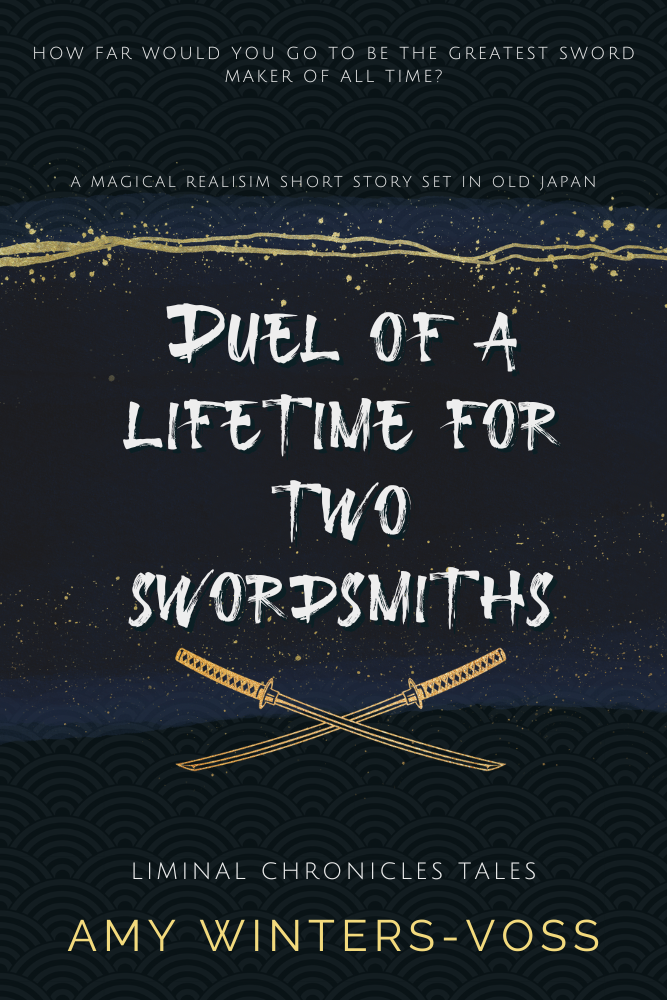

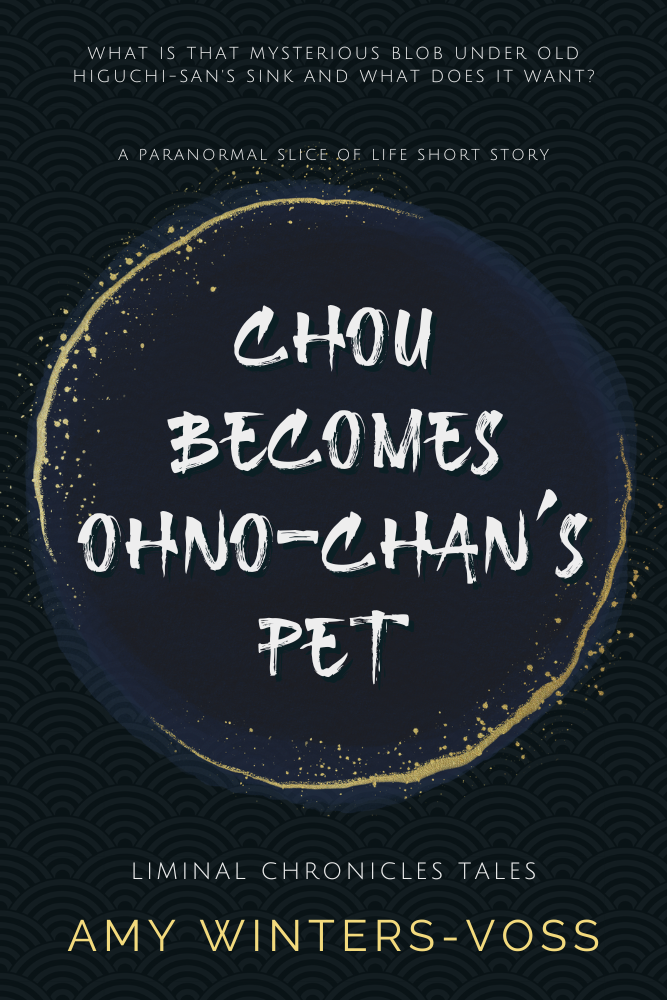
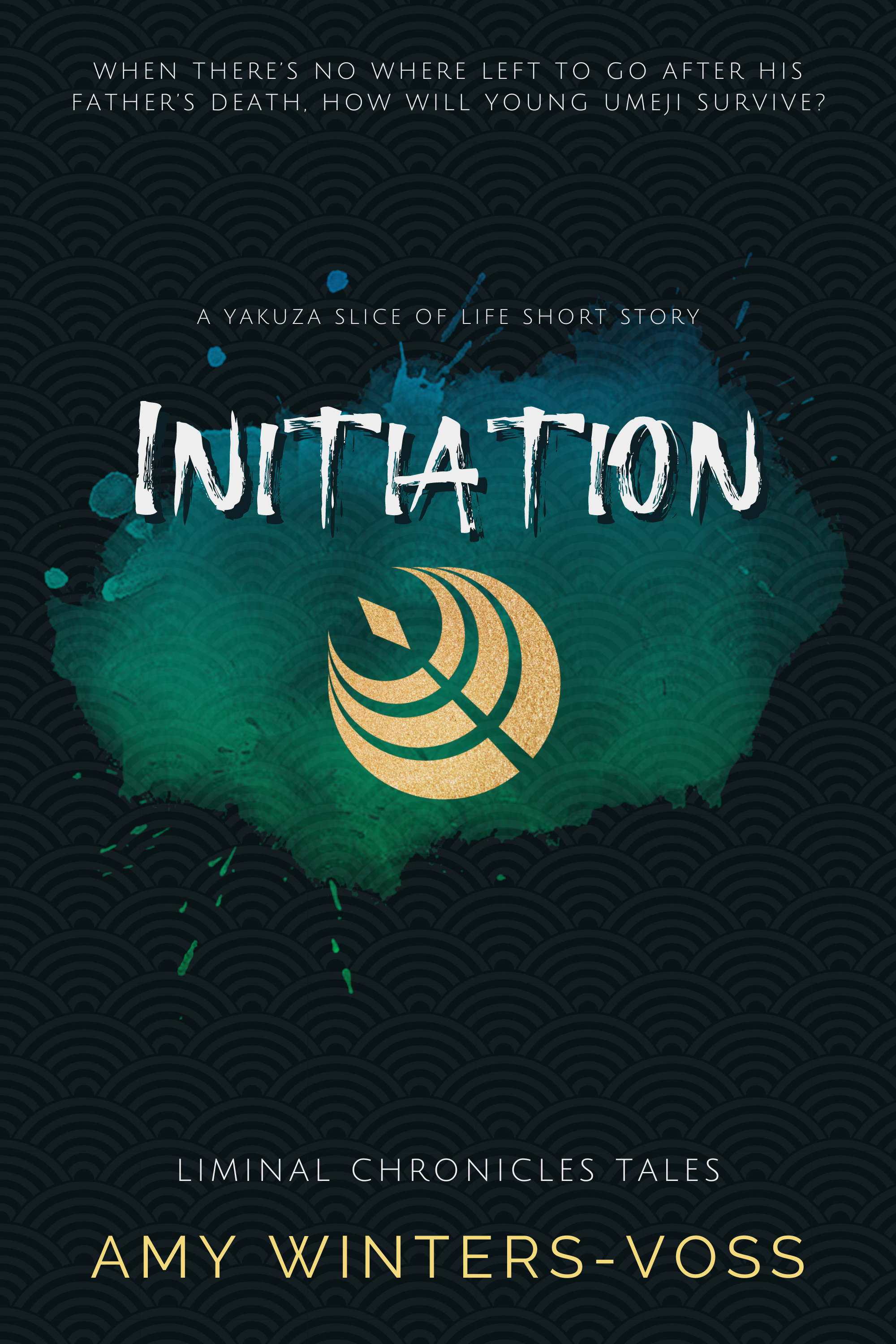
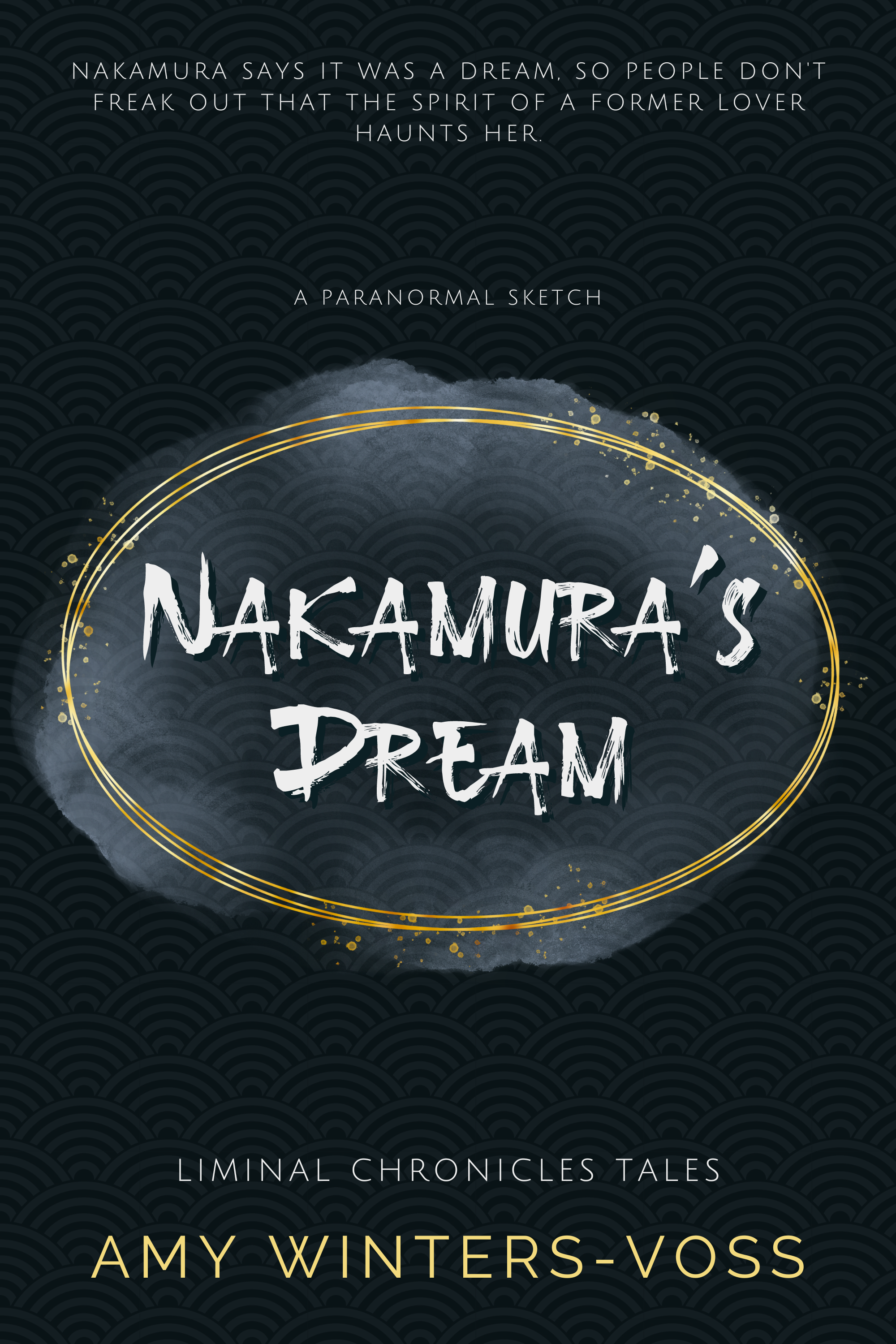
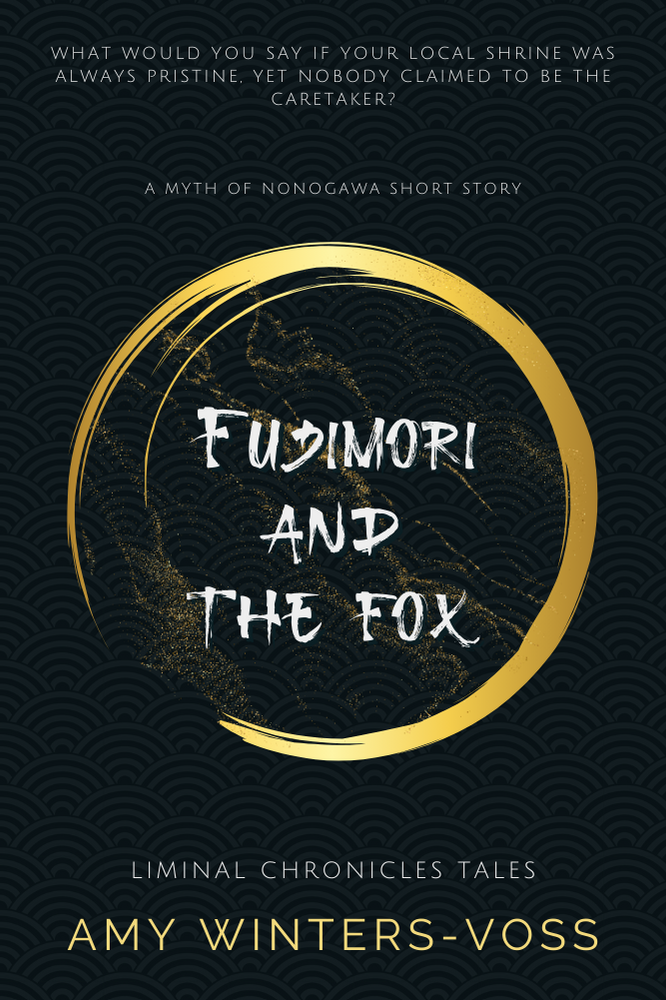
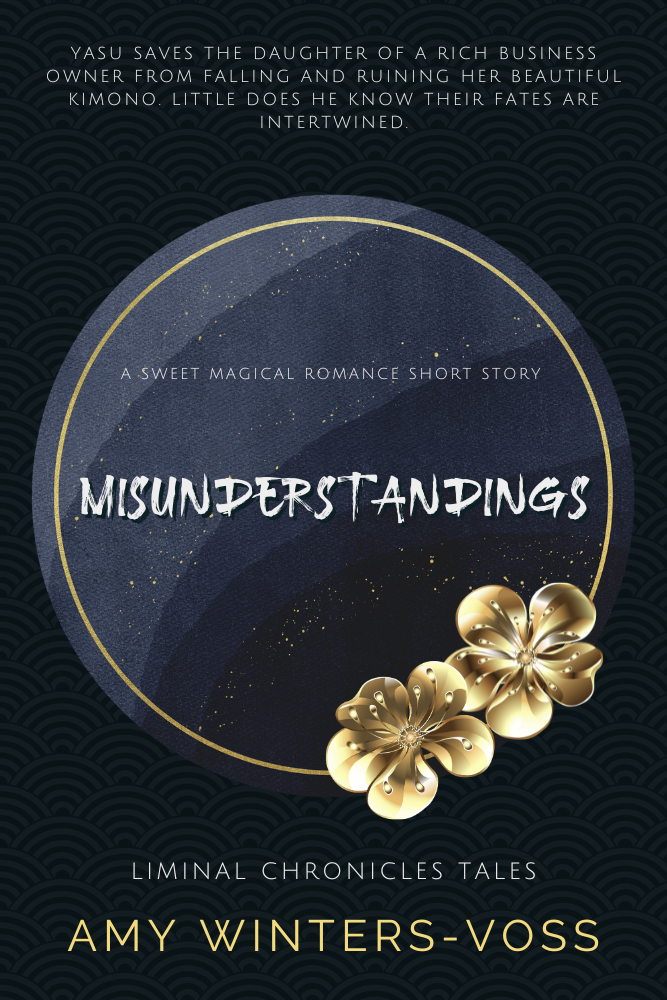
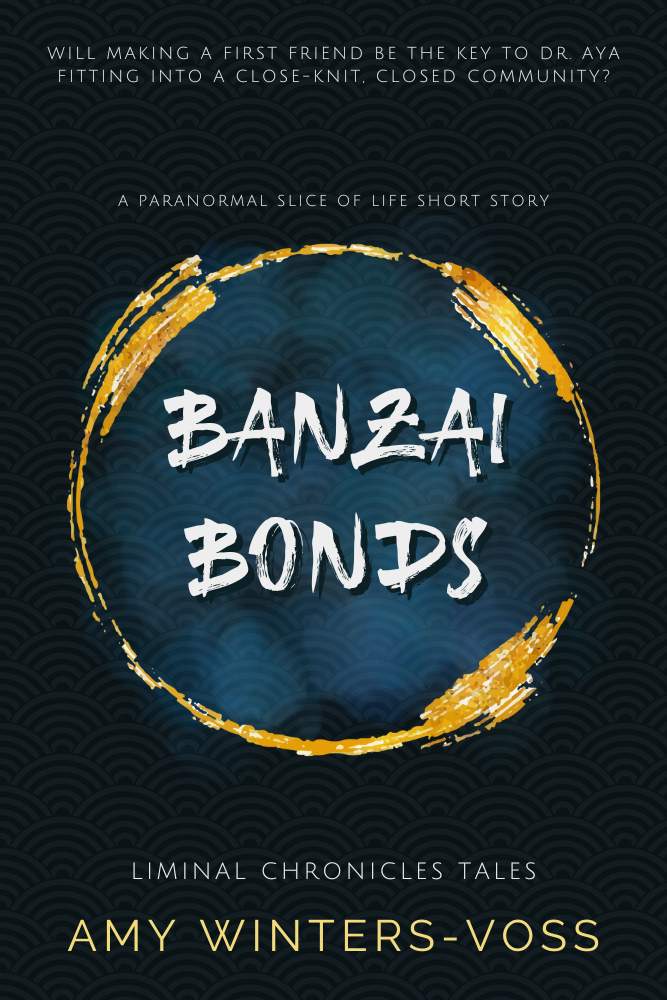
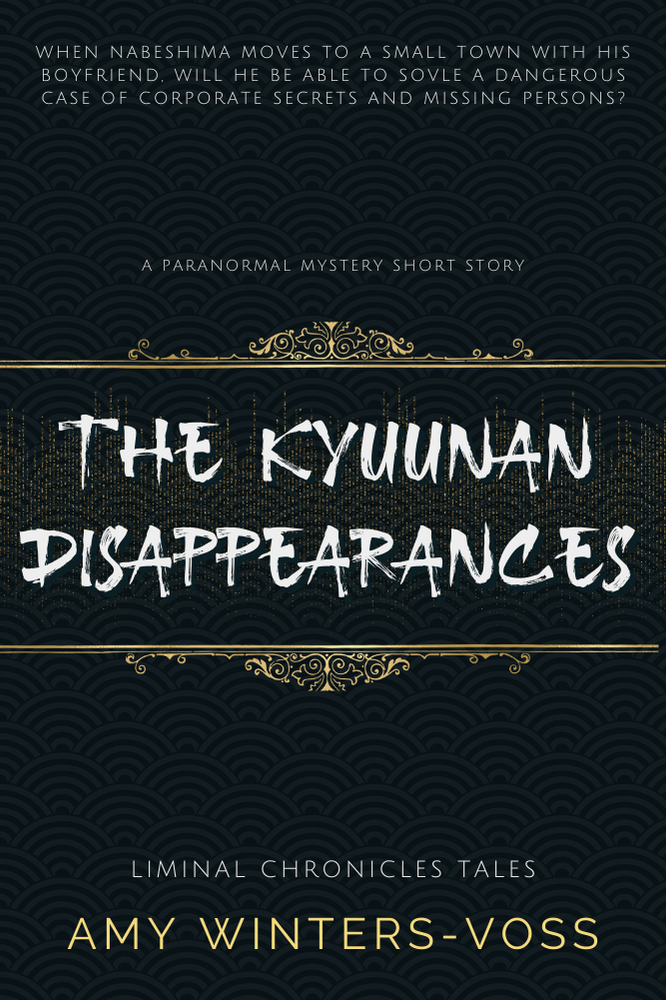
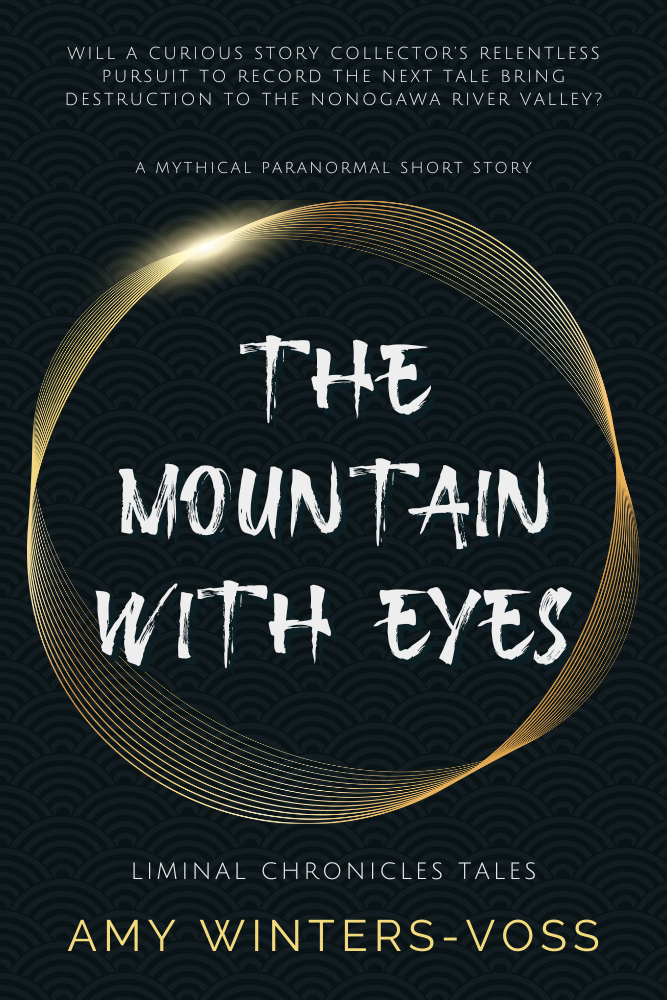
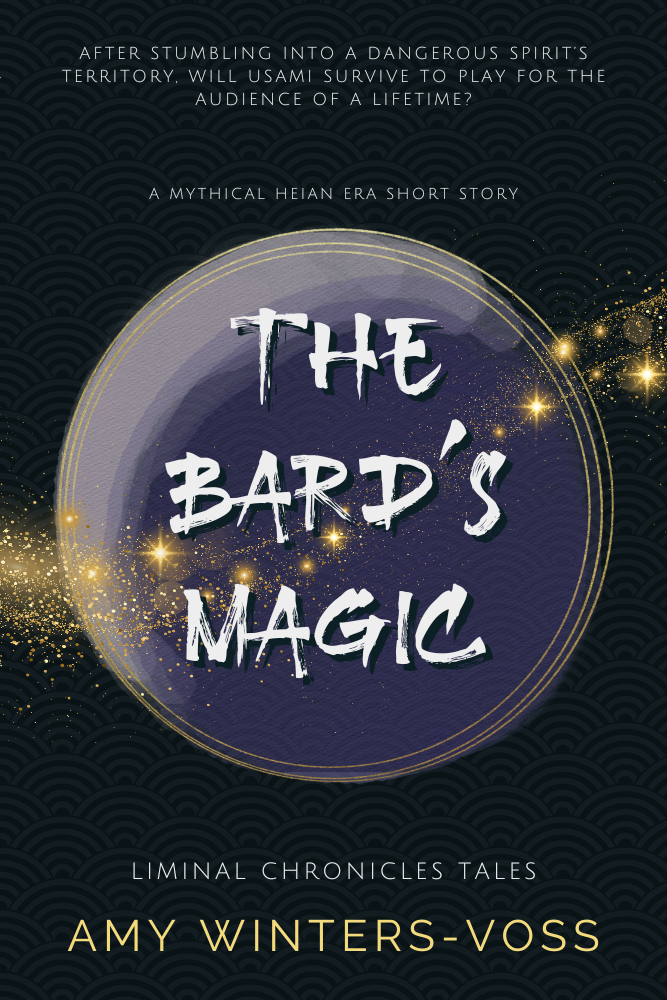
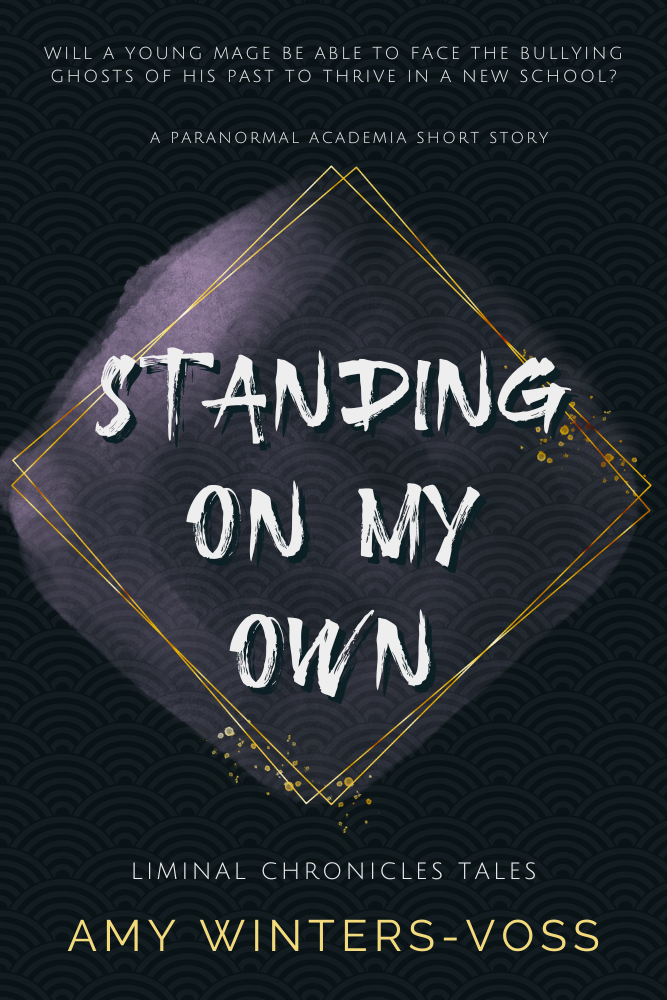
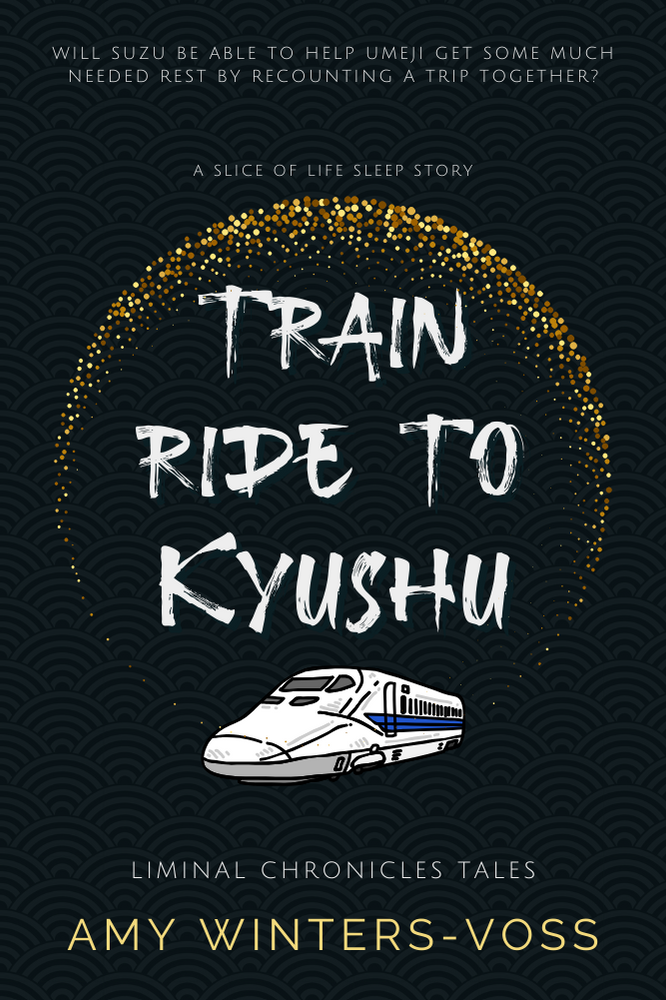


Comments